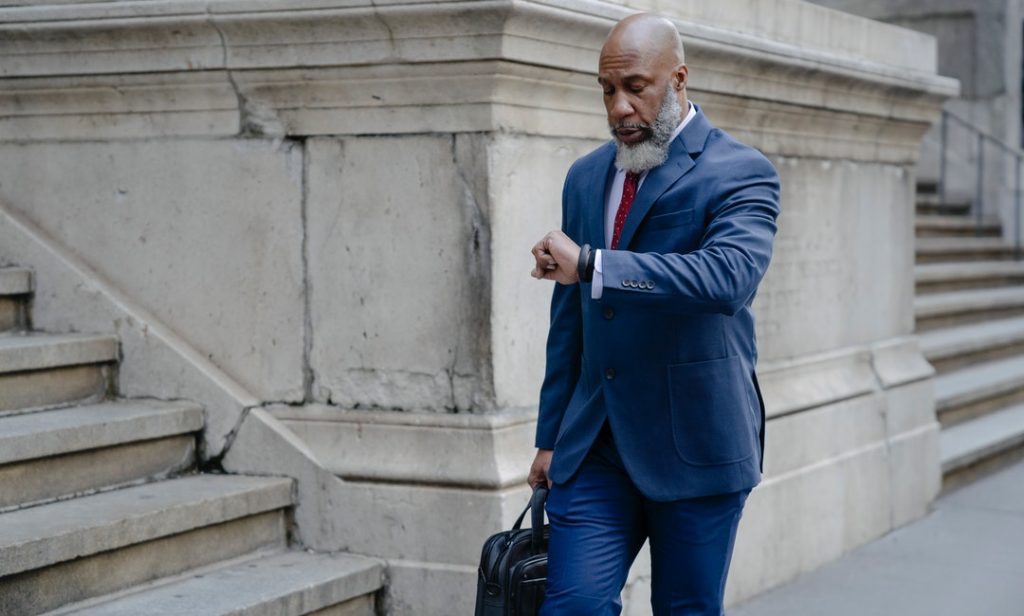Different business owners have various perspectives on the qualities necessary for effective leadership. Most importantly, not all situations require a similar type of leadership style. Great leaders are adaptable to their surroundings and inspire the team to succeed collaboratively.
Several experts from various leadership fields agree on some specific principles required for supervising and leading a group and team to greatness, but it all comes down to the main goal, getting the job done.
Top leaders’ approaches and philosophies on leadership are an outcome of thorough research, extensive experiences, and countless successes and failures of their journey. At the core, the best leaders are the ones who have a passion for developing the emerging leaders around them, they are continuously dedicated to enhancing emotional intelligence, and have a strong team culture is the basis for achieving the goal. They are always prepared and embrace the inevitable changes that their work environment will bring.

Fundamentals of Leadership
Daniel Goleman, psychologist, and author of HBR’s article, “what makes a leader” informed about the fundamentals of leadership. According to him, there are 4 fundamentals of leadership
- Self-awareness
Self-awareness is an impressive skill because it is invisible to other people and is subtle and highly underrated. Nonetheless, self-awareness is essential for all the following aspects.
- Self-management
It suggests that if you are unaware of what goes on within you, you are expected to be poor at managing others. Self-management refers to the ability to control your own emotion, so they don’t interfere with your brain’s thinking ability, to build, innovate, be determined on a goal, and have the zeal to accomplish.
Empathy requires self-awareness. Research shows that people with low self-awareness are unable to attune to other people’s perceptions and feelings. Thus, a leadership role requires a specific tendency of empathy so the members can feel heard and seen.
- Emotional intelligence
Emotional intelligence encompasses managing relationships, and the most visible leadership skills are displayed in this domain. Skills including influence, persuasion, elaboration, communication, and teamwork are the primary requirement of an effective leader. Hence, a great leader is not only intellectually smart but is also emotionally intelligent.

Qualities of a Great Leader
- Believes In Ideology and Steadfast
According to the CEO at PR Media Online, Matei Gavril, “a good leader must have faith in his beliefs”. You cannot expect the team to regard you if you don’t have strong faith in your ideas. Once the belief is developed, the leaders can build on it by additional skills such as good communication, a listening ear, modeling behavior and not being afraid to get their hands dirty, and remaining steadfast. Leadership is based on a passion for the thing you do and having strong confidence in yourself and your team or followers you need to inspire and motivate.
- Be Respectful of the Team and Respectable Among Them
The ability to empathize, respect and care for the team members is a great asset of an effective leader. Earning respect from the followers is a critical step to establishing a successful relationship with them. At the same time, you have to show that you care about their ideas and work. Being empathetic encourages a leader to understand the emotion of the individual to connect with them at their level. Integrating these traits can help greatly in making a good leader. Inspirational leaders from all spheres of life exercise these traits to become better at leading their teams.
- Good at Making the Hard Choices
Great leaders are good at making the hard choice, and in challenging times they do not hesitate in self-sacrificing to improve the lives of the ones around them. As a manager or a business owner, they know that it is not only their family that relies on them but also their staff’s families. Each worker is family to them. If you inspire to be a good leader, you need to realize that in essence, you are potentially making the choices and decisions for a bunch of people apart from your team members.
- Be Aware Good Team Is Essential for Success
An efficient leader realizes the significance of the team and knows that the people they lead will ultimately determine the success or failure of their journey. They are determined to include the company of smart people so they can cultivate them into a team of confident, competent people. Leaders have the ability to guide the team to a well-structured vision by clearly communicating the long- and short-term goals, inspiring faith and confidence among the staff, and influencing basic activities through character instead of a position of authority. In short, a great leader builds and nurtures other leaders.
- Be familiar with the Team
Good leaders are not robotic and have a decent connection with their team. They consider the team as an important component of the company. Hence, the effective leader knows the importance of knowing the team, on an individual level. Knowing the weaknesses and strengths of all the members to efficiently manage the output of a team is essential for success. Leaders have a strong vision and use the available resources to solve problems. Great leaders are willing to take risks and make hard decisions for the team, as they know the best fit for the task at hand.
- Be Good at Communication
A great leader has a clear vision, integrity, and clear focus. They are the strategic planner and believes in their team. Great leaders facilitate their team to reach their potential. They are great at communicating their expectations and constructive feedback to their team.
- Motivate the Team
Good leaders possess a clear purpose and are exceptional in motivating their team towards the goal. They push and urge the team to be their best while providing a safe and encouraging environment to them.
- Serve a Cause Bigger Than Them
Effective leadership is established by the incorporation of personal humility and unparalleled desire to supervise people in service of a cause that’s bigger than themselves. Good leaders are exceptionally ambitious, not specifically for themselves, but for the company.
- Emphasize Facilitating the Team
Leadership that leads with positive direction and cordial collaboration goal is successful not only professionally but on a personal level too. As leadership is about power. It is about ensuring that the team is focused on the goals and is motivated by facilitating the members to be their best and achieve their goals. It is even more critical when the risks are high and the consequences matter, to the common goal.
- Believes in the Importance of Modeling Behavior
Great leaders do not believe in leading by forcing people and imposing authority on the team. Effective leadership relies on the ability to motivate them and encouraging the people to follow them. They believe in leading by example and are willing to follow what they preach. Hence, good leadership is not only about feeding empty words to the team, but they are also willing to take concrete steps to realize that they are willing to do whatever it takes to achieve the collaborative goals and success.
- Constructive Criticism
In a position of leadership, you cannot expect to have all sunshine and rainbows all the time. There are challenging situations and sometimes difficult team members. In times like these, the leaders have to be assertive in their demeanor and convey what needs to be done. However, it is all about realizing that this is a golden opportunity to facilitate and guide someone to become better, instead of downright criticizing them and breaking them.
A good leader can take a moment, pause, and provide constructive feedback by highlighting the issue and communicating the solution that would benefit the individual and achieve your goal. Empathy comes in handy in these situations, because you don’t want to induce harsh and negative feelings in your team but to brew an environment where the team can produce better outcomes. Therefore, the basic role of leadership is to facilitate people to stay in an optimal brain state, where they can perform successfully.
Conclusion
Being an effective leader requires continuous personal and professional development, self-reflection, constant transparent feedback from the team, and taking the action on the received feedback. Great leaders are hardly satisfied with their performance, and hence, they believe there is always room for improvement. Being a good leader requires continuous determination, perseverance, and dedicated efforts. A great leader knows the significance of self-awareness and self-management. Effective leadership relies on building a team of competent and accomplished individuals who can get positive results. Without a loyal team, there can be no real leadership. At the same time, it is a challenge to keep the team on the same page without belittling anyone. Hence, good leadership is required to be empathetic and emotionally intelligent to be able to handle such situations. Ultimately, the main role of leadership is to help people to stay in an optimal brain state and produce successful results.
